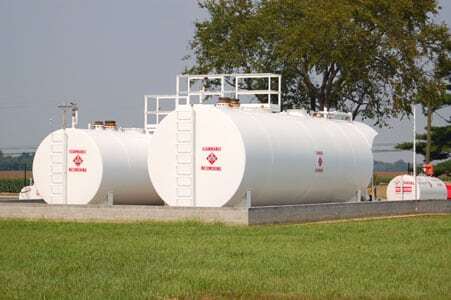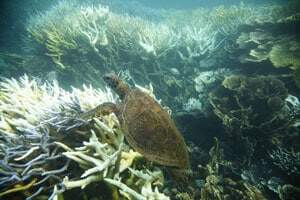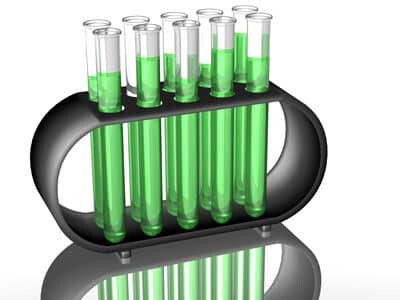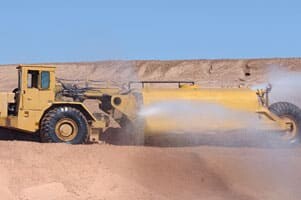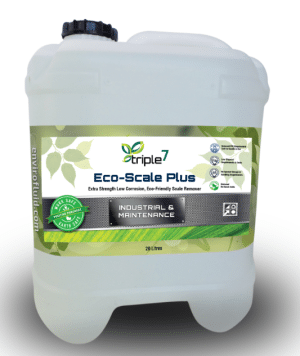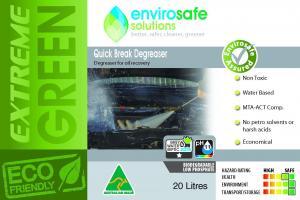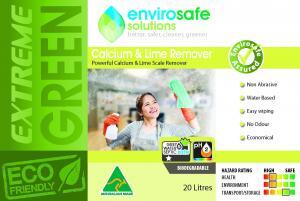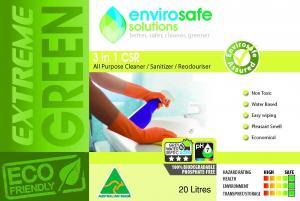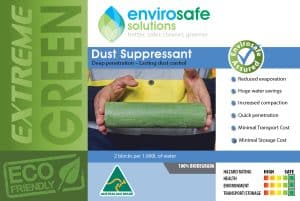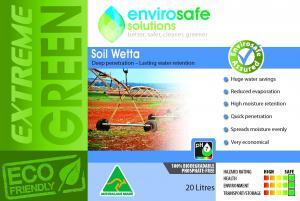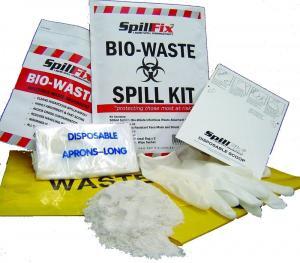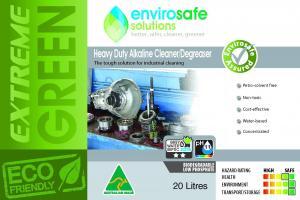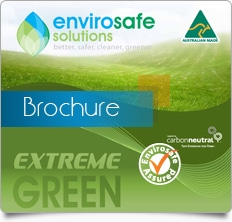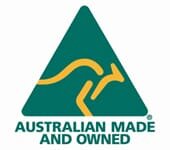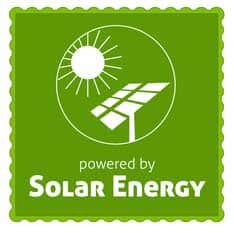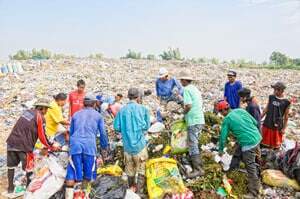 Every year, Cleanup Australia releases its annual rubbish report, and for the sixteenth consecutive year, plastic came in at number one as the most ubiquitous form of rubbish littering our beautiful country. And not much is different overseas. The Pacific plastic soup grows larger day by day, and the problem with plastic bags continues for marine life such as turtles, fish, sea birds and dolphins and whales. While some Australian store chains such as Target have replaced their free supply of plastic bags with pay per bag programs using biodegradable substitutes[1], the issue remains widespread and endemic.
Every year, Cleanup Australia releases its annual rubbish report, and for the sixteenth consecutive year, plastic came in at number one as the most ubiquitous form of rubbish littering our beautiful country. And not much is different overseas. The Pacific plastic soup grows larger day by day, and the problem with plastic bags continues for marine life such as turtles, fish, sea birds and dolphins and whales. While some Australian store chains such as Target have replaced their free supply of plastic bags with pay per bag programs using biodegradable substitutes[1], the issue remains widespread and endemic.
In Bangalore in India, the problem is even worse. Each day, 9000 tonnes of plastic contributes to the waste of this city, clogging streets and roads and parks at an alarming rate. However, there is one businessman who has turned this massive problem into a win-win for the Bangalore community and population and for his own family run business.[2]
For many years, K. Ahmed Khan ran a Bangalore factory producing the very plastic bags that are creating pollution havoc around the world. With his brother, he sought to redress this imbalance and turned his efforts into reusing plastic waste products and plastic bags in novel and new ways that were useful, financially viable and ethical. At a local Bangalore dump yard, he began experimenting with a mix of bitumen and shredded plastic from discarded bags and plastic refuse, employing the “untouchable” rag pickers to fossick through the dumps and collect as much of the plastic rubbish as they were able. [3]
Bangalore lies in the southern region of India and is subject to high monsoonal rainfall that impacts city infrastructure annually. Roads, bridges, road surfaces and other structures are frequently washed away, pot-holed and pitted by the relentless rains, costing the regional government billions and billions of rupiah in road upkeep and replacement.
K .Ahmed Khan and his brother began an application of the new bitumen mix as road surface and tested its ongoing durability. Fortified with the recycled shredded plastic acting as a powerful binding agent, the new mix not only satisfied the local Bangalore community but also led to the eventual development of a more durable road surface that lasts years longer than the previous road surface mix. As Khan himself explains, “Typically, bitumen is mixed with new plastic, but what we’re doing is mixing it with plastic from bottles and food packages and plastic bags.” It’s a simple and easy solution to a pressing environmental problem. And, as a result, this successful business no longer demands new plastic for its road mix, and uses an existing and recyclable supply that’s already a cause for concern in Bangalore and its many dumps. And it also employs some of the poorest members of the Bangalore population in the process.
Business like KK Plastic in Bangalore in India, and Envirosafe Solutions in Australia can, and are, making a difference. Envirosafe Solutions’ Extreme Green Range of products is far less toxic to the environment than many standard liquid products. Telephone Envirosafe Solutions for more information on their Extreme Green range on 1300 88 90 70
[1]http://www.target.com.au/html/aboutus/img/compostablebags/mediarelease2009.pdf
[2] Relph, M.K. Where the roads are paved with plastic. http://www.abc.net.au/environment/articles/2011/04/18/3192740.htm
[3] http://ibnlive.in.com/news/bangalore-activist-on-the-road-to-plastic-success-story/46501-3.html








